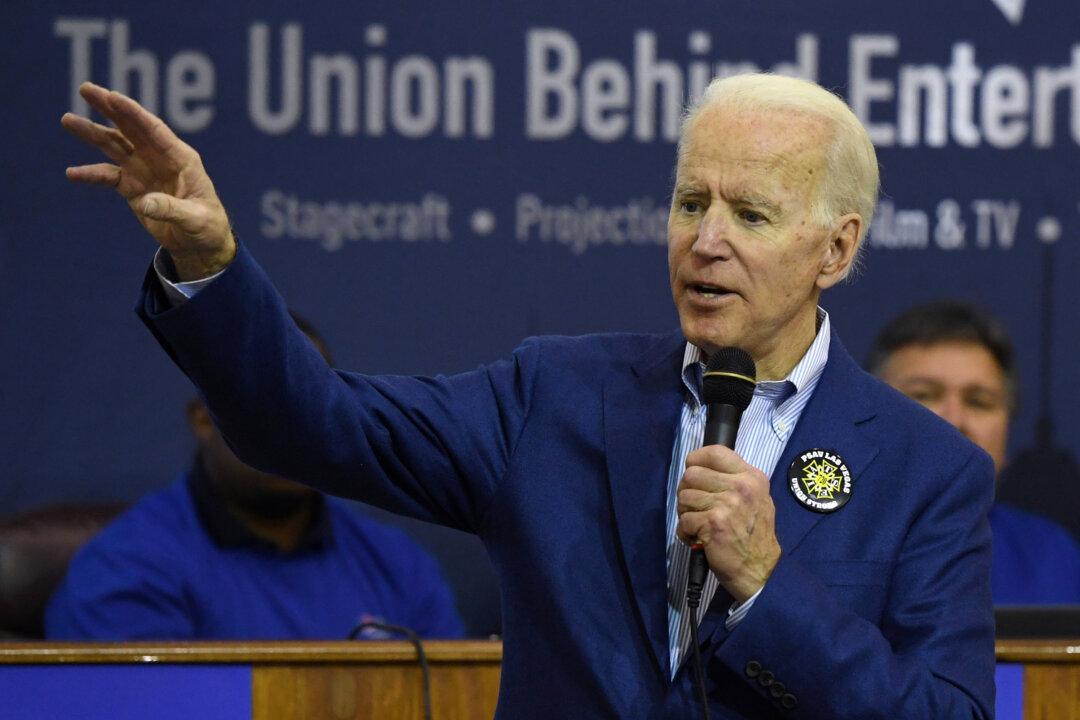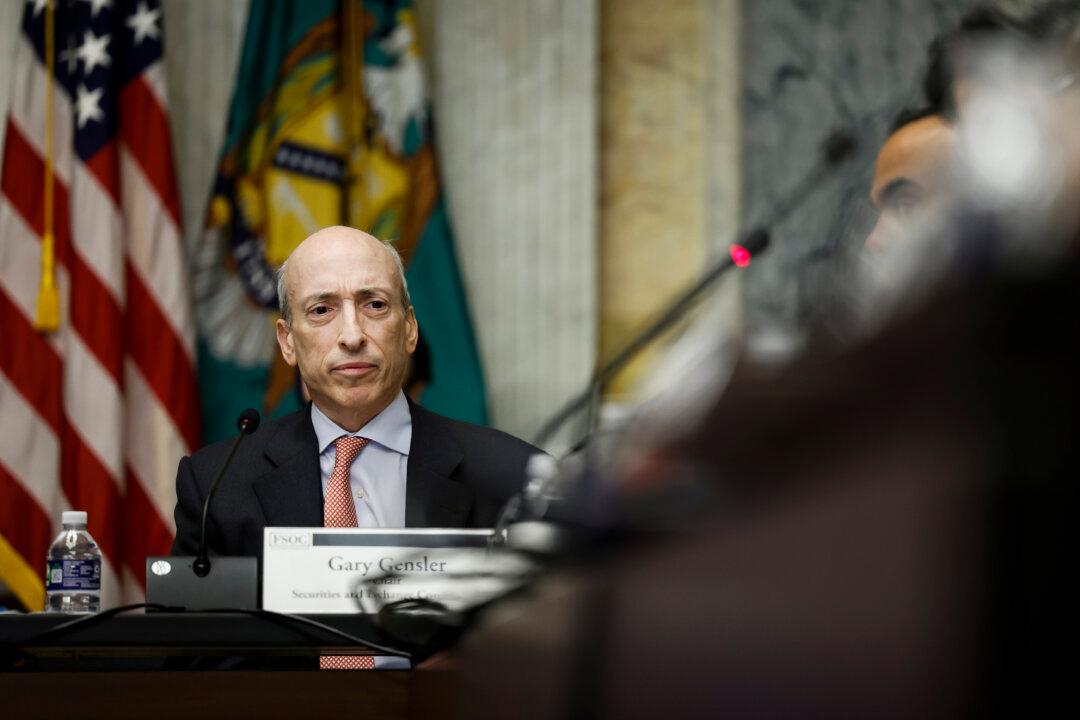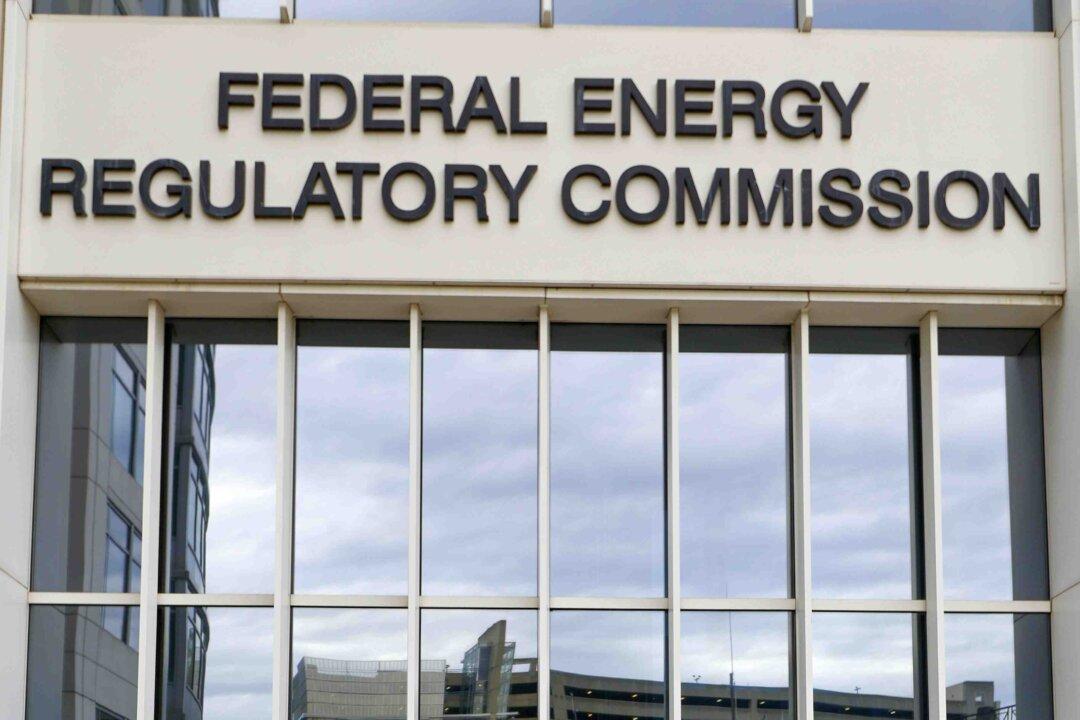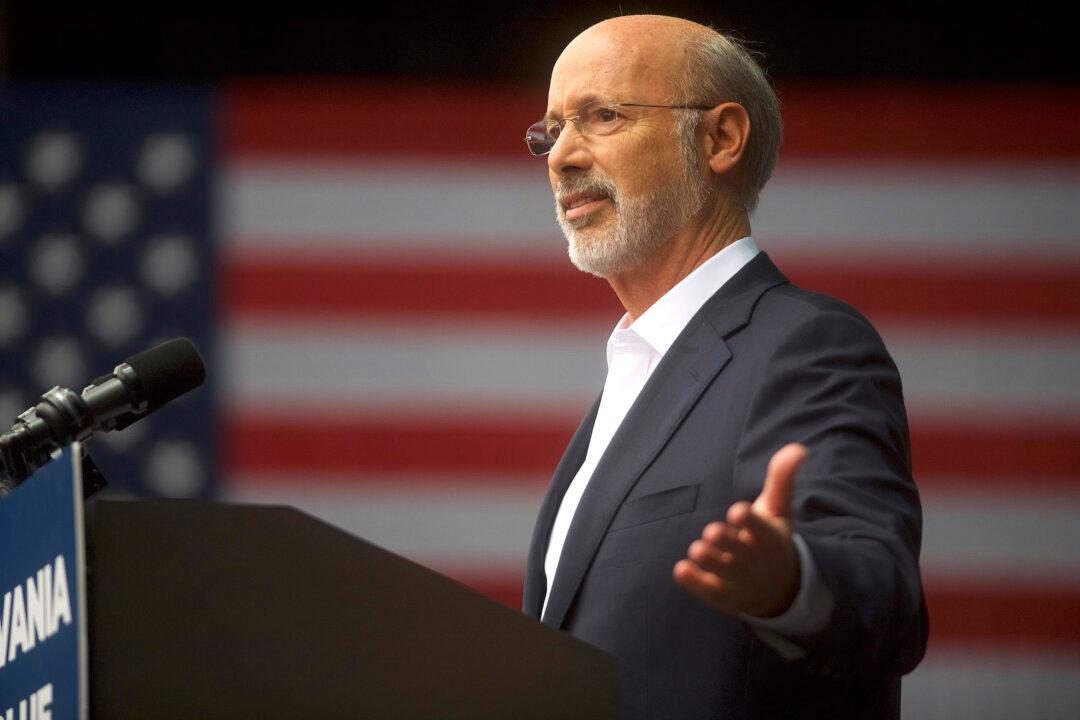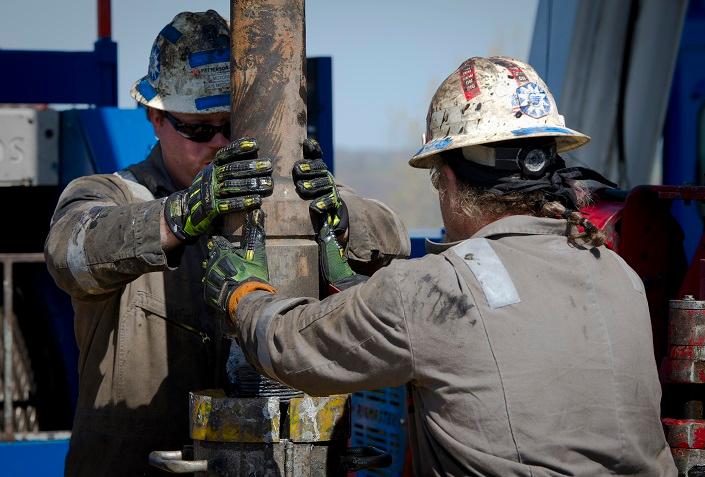Former Vice President Joe Biden has earned praise from union leaders for advancing a clean energy plan featuring infrastructure, auto, transit, construction, and energy projects designed to benefit organized labor.
The proposed plan to “build a modern, sustainable infrastructure and an equitable clean energy future” also includes appeals to “environmental justice” that resonate with progressive policy advocates. However, free market policy analysts have expressed concern about the impact Biden’s plan will have on energy and labor costs.
